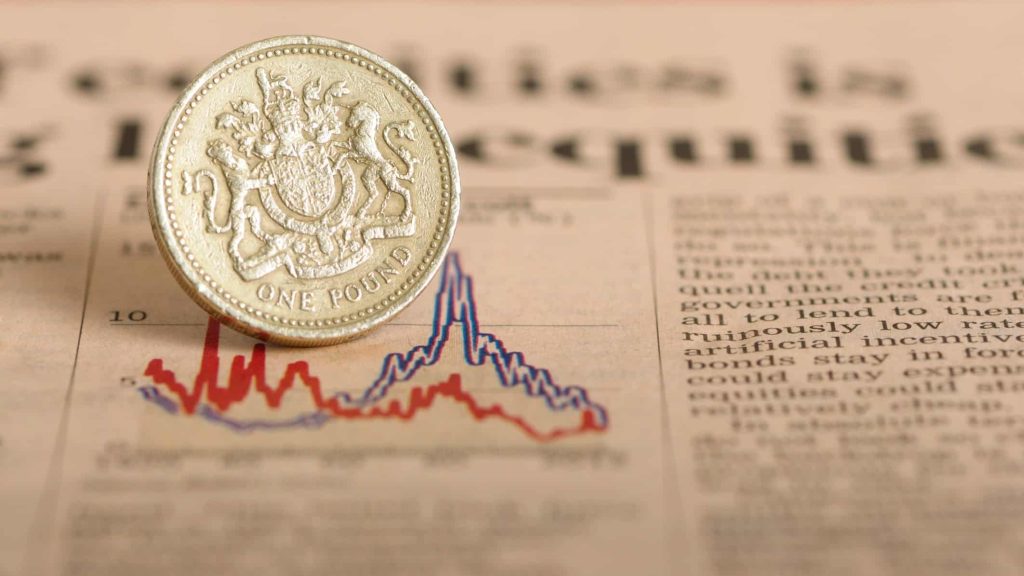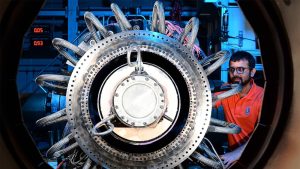£10,000 invested in Nvidia stock 2 months ago is now worth…


Nvidia (NASDAQ: NVDA) stock has never been one for gentle market meandering. Therefore, a lot can happen in two months with this S&P 500 blue-chip.
Towards the end of April, investors were worried about a handful of issues. Chief among them were tariffs and the global supply chain, new restrictions on chips being exported to China, and possible margin pressures. The stock had fallen 25% in three months.
Fast forward to today, the share price is at $155 and basically a record high that puts Nvidia above Microsoft (just) as the world’s largest company by market cap. Investors have effectively shrugged off tariffs and China concerns.
Anyone who bought £10,000 worth of shares two months ago would now have just under £14,000, before adjusting for exchange rates. That’s obviously a fantastic return in such a short period.
The robots are coming
On 25 June, Nvidia held its annual shareholder meeting, where CEO Jensen Huang conjured up this bold vision: “We’re working towards a day where there will be billions of robots, hundreds of millions of autonomous vehicles, and hundreds of thousands of robotic factories that can be powered by Nvidia technology.”
This isn’t just thought-provoking rhetoric. Nvidia’s Automotive and Robotics unit reported quarterly revenue of $567m in May, a 72% year-on-year increase. So it’s starting to scale up.
Within this, the firm’s Drive platform powers self-driving capabilities by processing data from cameras and other sensors in real time. This helps AI understand the surroundings and make split-second driving decisions. The likes of Mercedes and General Motors are using this.
Huang says that “it’s very clear that every car company will have AI factories” in future. In other words, massive specialised data centres needed to train and deploy AI systems used in self-driving cars.
Then there are humanoid robots, for which Nvidia has built AI models and various platforms. Its Omniverse and Isaac platforms help train robots in virtual worlds before they hit the real one. Then they will need to keep learning, relying on Nvidia’s ecosystem of chips, training software and real-world data feedback.
The Automotive and Robotics division is currently dwarfed by the Data Centre segment, which generated $39.1bn in sales in Nvidia’s first quarter. However, it’s still early days, and Huang sees physical robots as the company’s largest growth opportunity alongside AI.
Much more than a chip firm
What has become clear is that to call Nvidia simply a chip company is no longer accurate. It’s perhaps akin to describing Amazon as simply an online retailer.
At the shareholder meeting, Huang said: “We stopped thinking of ourselves as a chip company long ago.” So, what is it then? He prefers “AI infrastructure” provider, and that seems about right nowadays.
The stock is currently trading at 36 times forward earnings. While that’s a deserved premium, it doesn’t leave much room for error. Nvidia will have to keep meeting the lofty growth ambitions it has set for itself. If not, it could quickly become a victim of its own success.
Investors considering Nvidia should buckle up for turbulence. But I still think the stock is worth considering for the long term.
Over the next decade, Nvidia stands to benefit from powerful trends like generative AI, humanoid robots, self-driving cars, and AI software agents that automate tasks.
The post £10,000 invested in Nvidia stock 2 months ago is now worth… appeared first on The Motley Fool UK.
5 Shares for the Future of Energy
Investors who don’t own energy shares need to see this now.
Because Mark Rogers — The Motley Fool UK’s Director of Investing — sees 2 key reasons why energy is set to soar.
While sanctions slam Russian supplies, nations are also racing to achieve net zero emissions,
he says. Mark believes 5 companies in particular are poised for spectacular profits.
Open this new report — 5 Shares for the Future of Energy
— and discover:
- Britain’s Energy Fort Knox, now controlling 30% of UK energy storage
- How to potentially get paid by the weather
- Electric Vehicles’ secret
backdoor
opportunity - One dead simple stock for the new nuclear boom
Click the button below to find out how you can get your hands on the full report now, and as a thank you for your interest, we’ll send you one of the five picks — absolutely free!
More reading
- Up 1,400% in 5 years, Nvidia stock might still be 50% undervalued
- Here’s the latest 12-month Nvidia stock price growth forecast
- Missed this S&P 500 stock? £10,000 invested 9 years ago would now be worth over £1 million
- Nvidia stock has soared 1,471% in 5 years. Here’s how I’m hunting for the next Nvidia!
- Over the next 5 years, I think these S&P 500 stocks will make me more money than a global index fund can
John Mackey, former CEO of Whole Foods Market, an Amazon subsidiary, is a member of The Motley Fool’s board of directors. Ben McPoland has positions in Nvidia. The Motley Fool UK has recommended Amazon, Microsoft, and Nvidia. Views expressed on the companies mentioned in this article are those of the writer and therefore may differ from the official recommendations we make in our subscription services such as Share Advisor, Hidden Winners and Pro. Here at The Motley Fool we believe that considering a diverse range of insights makes us better investors.





